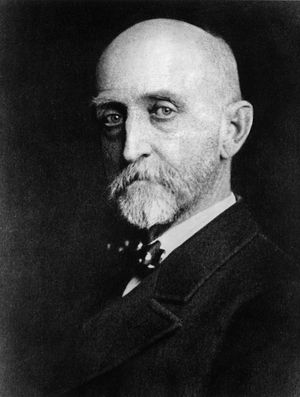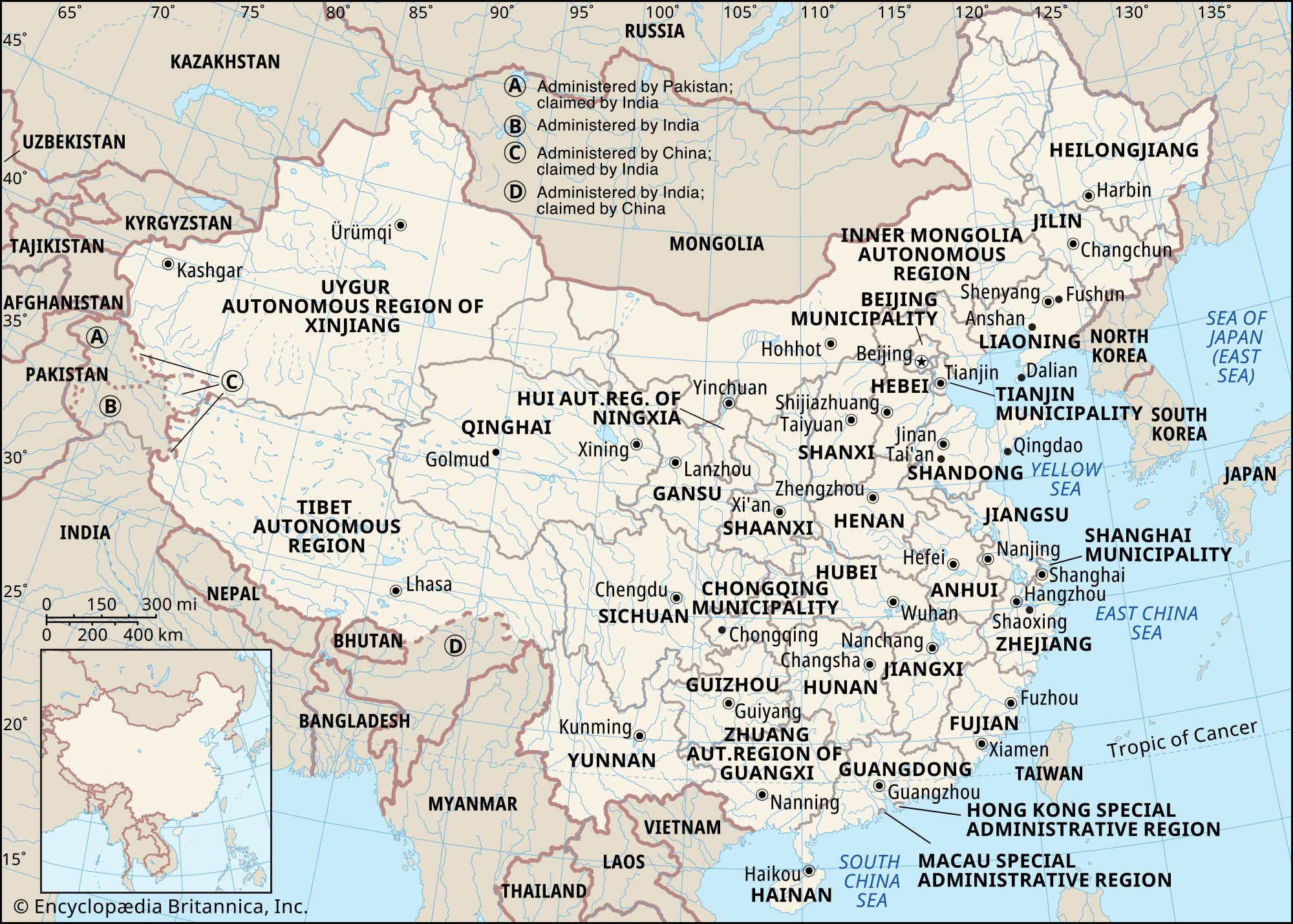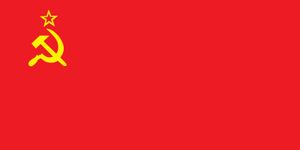Sino-Soviet dispute
Learn about this topic in these articles:
Assorted References
- major reference
- In 20th-century international relations: The Sino-Soviet split

A still more energetic U.S. riposte would await the end of Eisenhower’s term, but “Mr. Khrushchev’s boomerang” (as Dulles termed Sputnik) had an immediate and disastrous impact on Soviet relations with the other Communist giant, China. Under their 1950 treaty of friendship, solidarity,…
Read More
- affected by Brezhnev Doctrine
- In 20th-century international relations: Détente as realism

…imperialism” and provoked hundreds of armed clashes on the borders of Sinkiang and Manchuria. Soviet forces arrayed against China, already raised from 12 weak divisions in 1961 to 25 full ones, now grew to 55 divisions backed by 120 SS-11 nuclear missiles. In August 1969 a Soviet diplomat had carefully…
Read More
history of
- China
- In China: Foreign policy

Thus, a new situation in Sino-Soviet relations began to emerge, in which antagonisms based on different national traditions, revolutionary experiences, and levels of development that had previously been glossed over broke through to the surface.
Read More - In China: Readjustment and reaction, 1961–65

…and in both cases the Chinese believed the Soviet Union had acted unreliably and had become “capitulators” of the worst sort. For the next several months, polemicists in Beijing and Moscow publicly engaged in barbed exchanges. When the Soviet Union signed the Nuclear Test-Ban Treaty with the United States and…
Read More
- Cold War
- In 20th-century international relations: Total Cold War and the diffusion of power, 1957–72

The Sino-Soviet split, perhaps the most important event in postwar diplomacy, shattered the unity of the Communist bloc, and Third World countries often showed themselves resistant to superpower coercion or cajoling. By 1972 the U.S.S.R., despite its achievement of relative parity in nuclear weapons, was obsessed…
Read More
- U.S.S.R.
- In Soviet Union: The 20th Party Congress and after

…was true of those with China. Soviet and eastern European technicians withdrew from China in 1960 and 1961, taking their blueprints with them. Peking was also angered by the reluctance of Moscow to use its nuclear muscle to help China regain Taiwan and other islands.
Read More
role of
- Khrushchev
- In Nikita Khrushchev: Leadership of the Soviet Union of Nikita Khrushchev

The Sino-Soviet split, which began in 1959, reached the stage of public denunciations in 1960. China’s ideological insistence on all-out “war against the imperialists” and Mao Zedong’s annoyance with Khrushchev’s coexistence policies were exacerbated by Soviet refusal to assist the Chinese nuclear weapon buildup and to…
Read More
- Mao Zedong
- In Mao Zedong: Retreat and counterattack

The open split with the Soviet Union, which had become public and irreparable by 1963—though it can be traced to Mao’s resentment at Khrushchev’s failure to consult him before launching de-Stalinization—resulted, above all, from the Soviet reaction to the Great Leap policies. Khrushchev regarded Mao’s claims…
Read More







